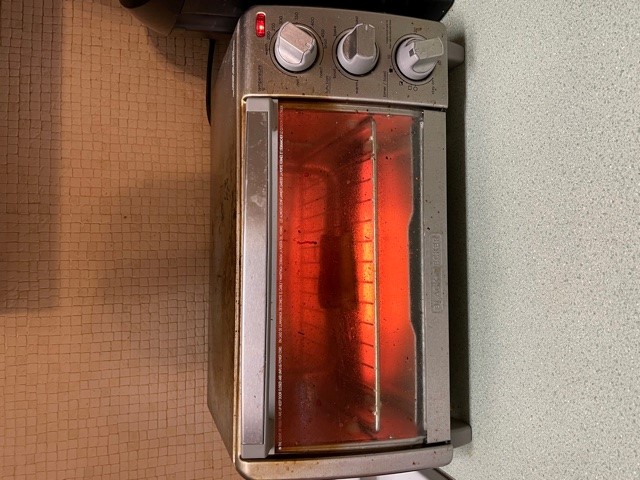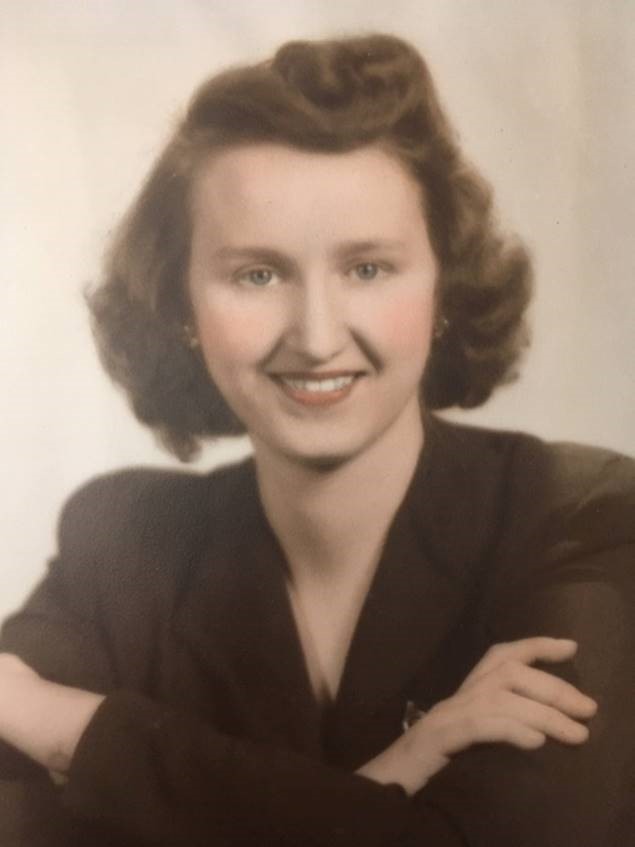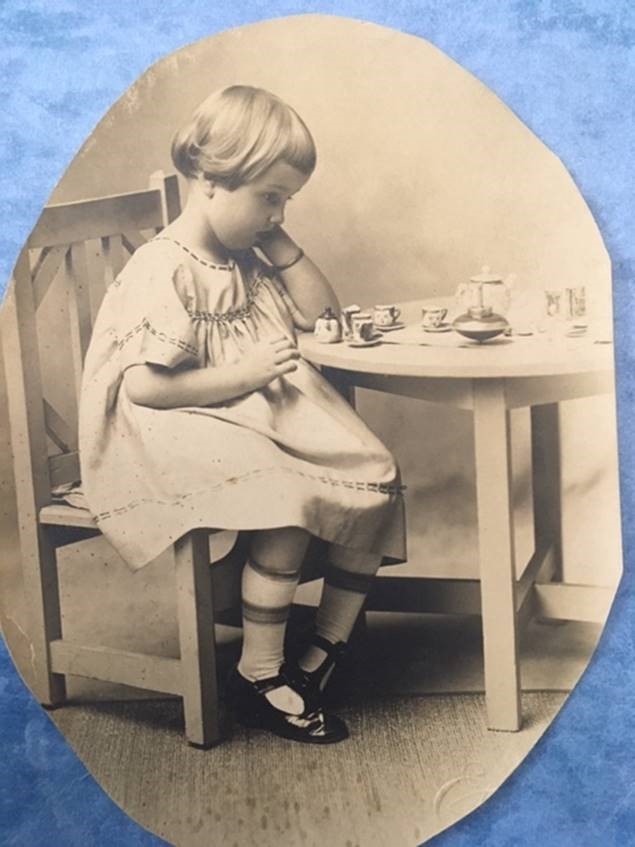Toaster Time Machine
Some things find us in the most unexpected ways.
For example, I found out recently that my toaster is a time machine.
While shopping at Food Lion I saw a loaf of Pepperidge Farm Very Thin 100% Whole Wheat bread. I hadn’t seen that variant in a very long time, so I bought some. The next morning, I popped a slice of it into my toaster for breakfast then WAM, BAM, SHAZAM … I found myself zapped back 55 years.

It’s 1965, and I’m 10 years old, back on Cape Cod in my childhood home sitting at the kitchen table across from my mother. I am overcome by a rush of emotions as I feel the peace and comfort of my mother’s attentive love as she slides me a plate, and there it is … a perfectly toasted slice of that exact piece of Pepperidge Farm Very Thin 100% Whole Wheat toast with just the right coating of butter, cut diagonally into two triangles. As I bite into the slice, I hear that very specific crunch letting me know she toasted it exactly the way I like it. Moms have a way of doing that, at least my Mom did. She smiles at me with her warm loving eyes. She places her arm on the table, rests her head on her hand and asks me, “How are you doing sweetheart?”
I’m there! I’m back home with my best friend and confidant feeling happy to be with her again as I start my new day then WAM, BAM, SHAZAM and DAMN! In a flash I’m back in Raleigh. I shake my head and wonder, “what just happened?”
How is it that one moment I’m 10, and now I’m 65 again and didn’t leave my house? That’s when I understood how my toaster became a time machine … the smell of that particular brand and type of bread, toasted in a specific way, had triggered a scientific phenomenon known as “odor-evoked autobiographical memory” which is characterized by significant mental time travel and the feeling of being brought back to the past at the moment of the original event. These memories are more vivid than memories cued by any of our other senses such as taste, touch, sights, and sounds. It’s a scientific fact that the olfactory memories are most vivid up to age 10 and are stored and anchored into the recesses of our memories for the rest of our lives.
On Tuesday, July 6, 1976 as people celebrated the U.S. bicentennial, more than 200 tall ships, the largest flotilla to set sail in more than 25 centuries, set sail from Boston Harbor. That same day, a short distance just beyond the harbor, the most majestic ship of my life, my beloved mother, set sail to her new world beyond this one to discover release from these earthly bonds. That same day, she entered into unending freedom from the physical pain, suffering, and tears she had endured from her arthritic riddled body for more than three decades.

I really, really miss my Mom. I was 21 when she died. She was a 58-year-old trapped in an 88-year-old body. Her time to go had come. I wasn’t ready for it then, but I didn’t get to vote on the timing. No one ever does.
In the 1998 film, “Simon Burch,” a much older Simon, who had lost his mother when he was a young boy, thinks to himself, “When someone you love dies, you don’t lose them all at once. You lose them in pieces over time, like how the mail stops coming.” Years after Mom’s death, I feared my senses would fail me. Would my eyes fail me by forgetting the color of her eyes? Would my ears betray me, causing me to forget the lilt of her laugh as she called us in from our frolicking to come to dinner? Would my sense of touch fade from recalling the gentleness of her soft hands? Would my sense of taste dull at the memories of her melt-in-your-mouth Parker House rolls, her chocolate fudge and nut caramels made especially for Thanksgiving and Christmas family gatherings, the welcome home Toll House chocolate chip cookies greeting me after school, or my favorite fresh, warm peanut butter cookies with the crisscross pattern tapped into their tops?
What I feared had come to pass. I can no longer tell you the color of her eyes, nor how she laughed or spoke, nor how her hand felt as it wiped tears from my cheeks. How she made so many miraculously marvelous tasty treats died with her. She just knew how to cook them and didn’t leave any formulas for us to follow.
Over the past 15 years of my hospice work I’ve learned that grief is a natural response to loss. Not just in the moment when we lose our loved ones, but it visits the future life we had hoped to share with them for years to come. What we never lose are the life lessons they’ve instilled in us through each and every moment and encounter that shaped who we have become.
I vaguely remember the day Mom died 45 years ago. I was working as a nurse on an orthopedic unit at Duke Hospital caring for others afflicted with the same crippling disease that finally claimed her life. I heard my name over the intercom asking me to come to the nurse’s station to take a phone call. It was my father letting me know, “Your Mom is gone. She caught pneumonia on the ventilator and died this morning.” I said, “OK thanks.” I hung up the phone and went back to work, giving injections to relieve the pain that crippled others like her.
I chose to ignore my pain that day and pretty much every one of the 16,370 days that have passed since. I knew then as I know even more clearly now that there’s no injection big enough or powerful enough to numb that which pierced my soul so deeply that day. We never get over grief. Just as one can never get over the amputation of a limb. It’s gone. It’s not coming back. We endure the pain at first, and the stump slowly heals. We put on our prosthesis, limping at first and eventually we adapt. Life goes on. We learn to move forward.

My Toaster Time Machine is a gift. Through it, I’ve discovered my sense of smell hasn’t failed me yet. I said a quiet prayer of thanks to God for creating Pepperidge Farm Very Thin 100% Whole Wheat bread and my Toaster Time Machine. I can now look forward to firing up my toaster, sliding in some Pepperidge Farm and visiting with Mom again soon.
Happy Mother’s Day Mom, You’re the Best!
–by Mark Philbrick, MSN, RN
Mark is director of education at Transitions LifeCare. Over the years, he has served as an onion peeler in his family’s Cape Cod restaurant, nurse, hospice home director, education leader, father, grandfather, and end-of-life care advocate. When not working, Mark can be found hiking or volunteering at his church.